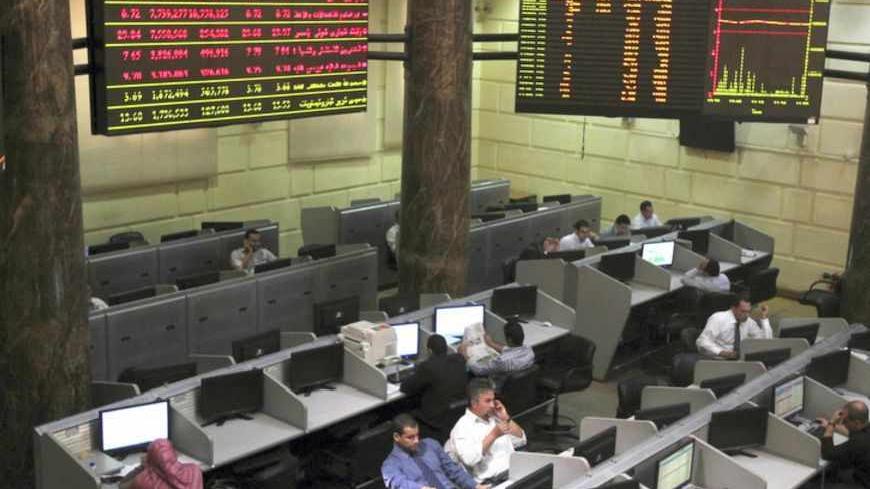Over the past few days, the Egyptian stock market index has been plunging, most vociferously this Wednesday alone by more than 5.17%, reaching its lowest level in a year, with another 0.91% decline in the beginning of trading today. The assumed causes for the plunge more immediately include the announcement that Egypt might be taken off the MSCI emerging markets index (Greece has just been downgraded to an “emerging market” status, becoming the first developed country to experience that). More generally, there are also the concerns over the potential outcome from the upcoming, and expectedly large scale, June 30th protests calling for early presidential elections. Many fear the country might fall into a whirlpool of deep(er) instability, depending on what ends up taking place on that day.
This announcement, to be sure, seems to not be breaking any patterns. In fact, Ahram Online has counted 16 downgrades by major international credit agencies between January of 2011 and May of 2013. As highlights: At the moment, Egypt has been downgraded by Standard & Poor's to a rating of C, government bonds have been downgraded successively by Moody’s Investors Service from B2 to Caa1, and Fitch Ratings has also downgraded Egypt’s sovereign rating from B+ to B.



